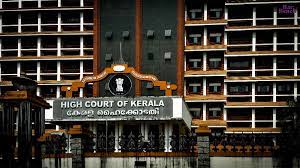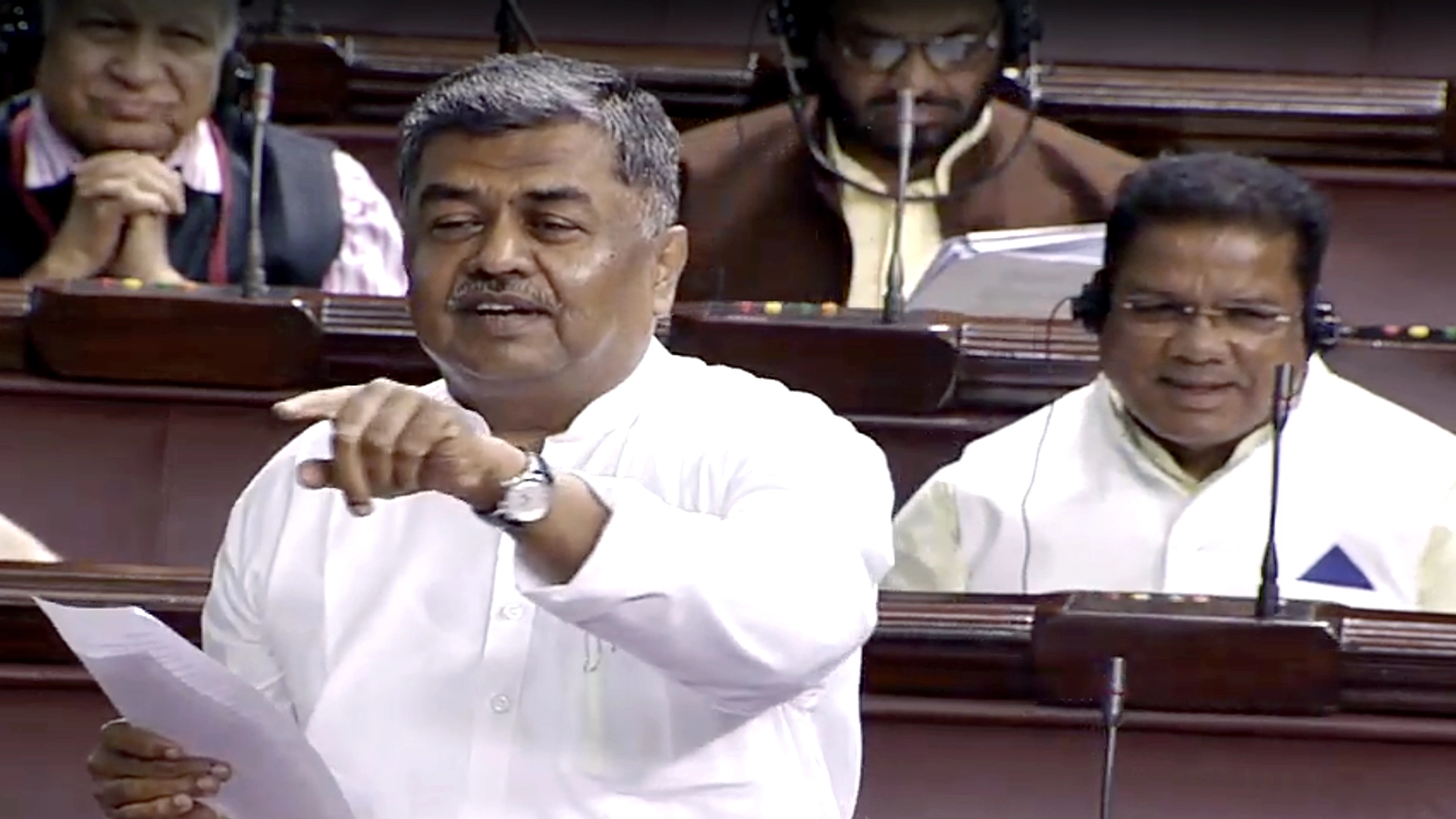
The Kerala High Court in the case Suni @ Sunil V State of Kerala observed and has held that the police is not competent to register an offence as stated under Section 195A for threatening any person in order to give false evidence of the Indian Penal Code, 1860. The court stated that only the court is competent for considering an offence in relation to false evidence.
The Single bench headed by Justice A. Badharudeen in the case observed that when a threat is dealt under section 195 of Indian Penal Code, 1860 for giving a false evidence, the said matter is to be considered by the court and in view of the matter, it has to be held by the court that the that a police officer cannot register a crime in relation to an offence stated under section 195 A of Indian Penal Code, 1860 and for which the procedure stated under section 195 reading with 340 of Code of Criminal Procedure should have been followed.
In the said case, the court also considered the bail application moved by a person accused of threatening an approver in a murder case. Thus, the police also recorded the First Information Statement of the complainant and has registered crime under Sections 195 A of Indian Penal Code, 1860 and under Section 120 (0) of Penalty for causing nuisance and for the violation of public order of the Kerala Police Act, 2011.
The counsels appearing for the petitioner contended before the court that only the court only can proceed against a person for an offence as stated under Section 195 A of Indian Penal Code while following the procedure prescribed in Section 195 reading with section 340 of Code of Criminal Procedure.
The court stated that as per section 195A is a cognizable offence under the schedule of the Code of Criminal Procedure, 1973 and the police have the power to investigate into the said case and also the power to arrest a person without a warrant in the case of a cognizable offence. Further, it has been argued by the petitioner that the term complaint stated under Section 195A of the CrPC suggests that the party affected has to file the complaint before the Magistrate for an offence stated under Section 195A of Indian Penal Code, 1860.
Further, the court stated that the police cannot take cognizance of an offence under Section 195A, and the matter which pertains to false evidence are to be decided by the court.
The court in the case also imposed a bail condition which includes a direction to the accused to not pressurize or threaten the de facto complainant or witnesses, wherein the said court also made it clear that the cancellation of bail can only be sought for by the prosecution in case for violation of any of the stated bail conditions.
In the present case, the court has also clarified that the de facto complainant has the right to move the appropriate court by filing of a complaint under Section 195A of the Code of Criminal Procedure,
Accordingly, the court granted bail to the accused.
The counsels, Advocate Vinay Ramdas, Advocate K B Anamika Ullas, and Advocate Kumar T G appeared for the petitioner.














